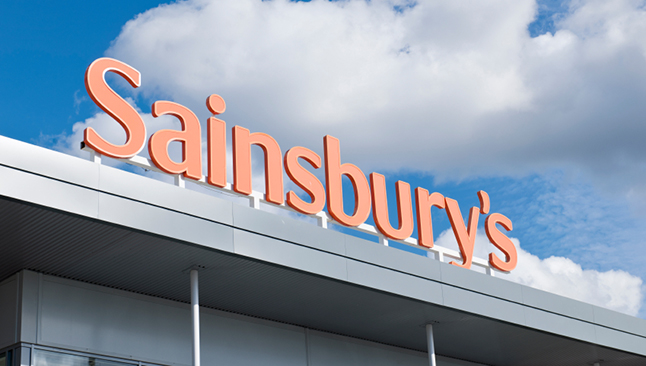 Sue Elms, Head of Global Brands, sent me a link to an item in WARC’s newsletter titled, “Sainsbury’s turns to agile marketing”, and asked whether big ideas and agile marketing compete, and which will be most important in future. My belief is the two should be complementary, but that demands a clear idea of the brand’s purpose and objectives.
Sue Elms, Head of Global Brands, sent me a link to an item in WARC’s newsletter titled, “Sainsbury’s turns to agile marketing”, and asked whether big ideas and agile marketing compete, and which will be most important in future. My belief is the two should be complementary, but that demands a clear idea of the brand’s purpose and objectives.
Agile marketing is defined as data-driven marketing initiatives, automation, and a focus on moments in a consumer’s path to purchase. I call it ‘marketing in the moment’. Agile marketing is all about identifying opportunities to sway a consumer’s purchasing behavior to your brand’s advantage, and capitalizing on them quickly.
The only downside to agile marketing is if it becomes your only strategy. To put thist another way, the risk is that your strategy degenerates into a series of tactical efforts that seize the opportunities presented, but fail to gain long-term advantage. In the Sainsbury’s example, the viral video selling Christmas jumpers probably would not have worked well if Sainsbury’s had not created significant buzz with one of the most-memorable TV-led ad campaigns of the Christmas period.
So how do you ensure big ideas and agile marketing are aligned? First, you have to know your target audience and how your brand will make a difference in their lives. Are you just selling stuff cheap, or are people buying into more than low prices? Then you need to clearly identify what needs to change for your brand to grow – what behaviors needs to change – and how you are going to make that change happen. If short-term behavioral opportunities present themselves along the way, you seize them quickly provided they do not undermine the overall strategy.
In the WARC article Mark Given, Sainsbury’s head of brand, states,
“In my experience, teams work together well if they have a common goal. If you have a company with 160,000 people and a common goal, it gives you a framework – and gives you the opportunity to be agile within that framework. If you don’t have a common goal, you can’t be agile.”
Turning to Sue’s question about whether big ideas or agile marketing will be more important in the future, I think the answer must be the big idea. Marketing only in the moment commits a brand to sense and respond tactics that will make it difficult to achieve long-term growth. Agile marketing may be consumer-led as suggested by Nick Turner, a partner at Deloitte, but that alone will not make a brand consumer-centric. A consumer-centric brand knows the underlying needs, wishes and beliefs of its target audience and shapes a vision of how it can best serve those needs in future. The big idea encapsulates that idea and, as Nick Kendall, founder of BRO-KEN, says provides the necessary coherence to all marketing actions, agile or strategic. Brands need to ensure that tactical actions are aligned with an overall strategy that will gain strategic advantage for the brand.
Authored by Nigel Hollis,Executive Vice President and Chief Global Analyst at Millward Brown
Source:Millward Brown

